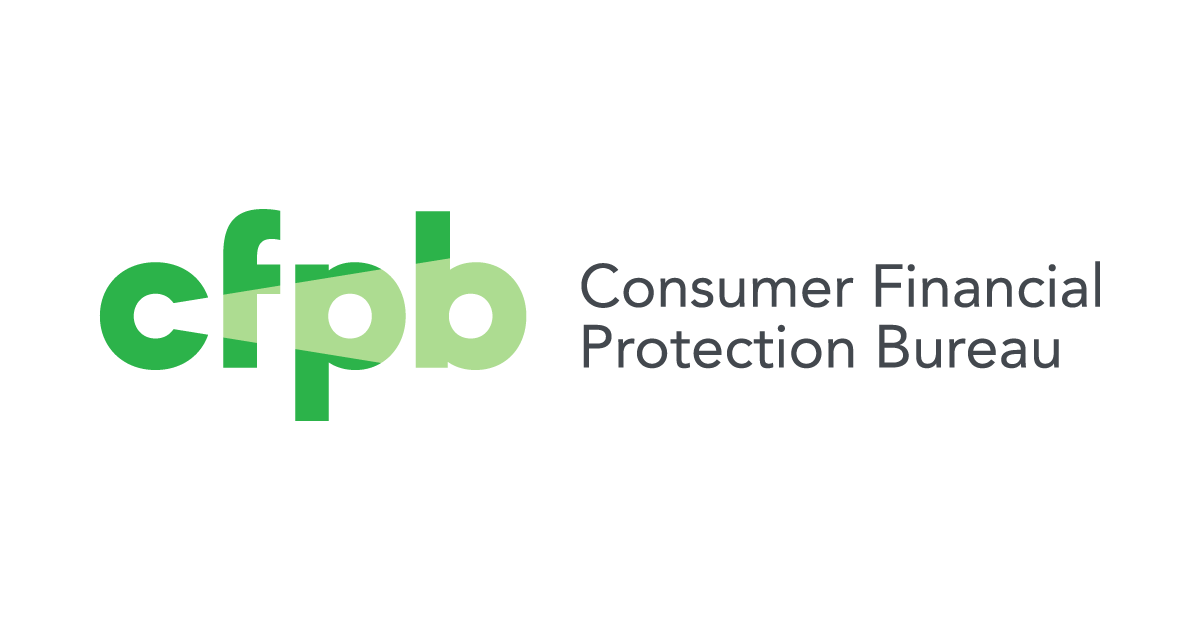WASHINGTON, D.C. – The Consumer Financial Protection Bureau (CFPB) today took action against the prison financial services company JPay for violating the Consumer Financial Protection Act (CFPA) by charging consumers fees to access their own money on prepaid debit cards that consumers were forced to use. JPay also violated the Electronic Fund Transfer Act (EFTA) when it required consumers to sign up for a JPay debit card as a condition of receiving government benefits – in particular, “gate money,” which is money provided under state law to help people meet their essential needs as they are released from incarceration. The consent order severely limits the fees JPay can charge on release cards going forward, allowing only inactivity fees after 90 days without card activity. The order also requires the company to pay $4 million for consumer redress and a $2 million civil money penalty.
“JPay siphoned off taxpayer supported benefits intended to help people transitioning out of the corrections system,” said CFPB Director Rohit Chopra. “JPay exploited its captive customer base to charge unfair fees that harmed the newly released and their families.”
JPay, a Delaware company, headquartered in Miramar, Fla., is a dominant provider of financial services to prisons and jails nationwide. JPay is owned by the private equity firm Platinum Equity Partners. Since 2011, JPay has provided approximately 1.2 million debit release cards to consumers. JPay calls itself “a highly trusted name in corrections,” but the company leveraged its relationships with state and local departments of correction to impose fees on consumers exiting the prison or jail system. JPay’s fee-bearing debit release card replaced cash or check options previously offered by state departments of correction. In doing so, JPay charged fees to people being released from prison or jail who often have few resources outside of the balance of their prison or jail trust or commissary accounts. In addition, JPay provided consumers with inaccurate or incomplete information about the fees it assessed.
Harmed Families by Violating Consumer Financial Protection Laws
The CFPB concluded that JPay engaged in unfair, deceptive, and abusive acts and practices in violation of the CFPA. The CFPB also concluded that JPay violated EFTA and its implementing Regulation E. EFTA and Regulation E prohibit certain companies and government benefits entities from conditioning the receipt of a government benefit on opening an account with a particular financial institution.
Specifically, the CFPB found that JPay:
- Abused its market dominance: JPay charged consumers unavoidable fees for prepaid cards used to return money owed to consumers at the time of their release from incarceration. Consumers could not protect their interests in the selection and use of JPay’s cards because they were denied a choice on how their own money would be given to them upon release. JPay did not provide a reasonable way for consumers to close their card accounts to obtain their card balances without paying fees. By assessing fees on these captive consumers, JPay took advantage of them and caused harm.
- Illegally required consumers in certain states to receive protected government benefits on debit release cards: In California, Colorado, and Georgia, just-released individuals were required to establish an account with a financial institution as a condition of receiving their gate money. JPay violated EFTA and Regulation E by illegally requiring consumers just released from incarceration to establish accounts with a particular financial institution to receive their gate money.
- Charged fees without authorization: Contrary to the terms stated in certain cardholder agreements, consumers were charged fees before the debit release cards were loaded with additional funds.
- Misrepresented fees to consumers: In certain states, the fees disclosed in the cardholder agreement were different from fees described on a separate “green sheet,” or were misleadingly omitted from the “green sheet.” Between approximately 2014 and 2017, up to 176,000 consumers received green cards that were inaccurate, incomplete, or both.
Enforcement Action
Under the Dodd-Frank Wall Street Reform and Consumer Protection Act, the CFPB has the authority to take action against institutions and persons that violate federal consumer financial laws. The consent order issued today requires JPay to:
- Stop charging most fees: The order prohibits JPay from violating the CFPA, EFTA, and Regulation E. Among other provisions, JPay cannot charge any fees on release cards, except an inactivity fee after 90 days of inactivity.
- Refund harmed consumers: JPay must pay $4 million to compensate consumers harmed by its unfair and abusive acts.
- Pay a civil penalty: The order also requires JPay to pay a $2 million civil money penalty to the CFPB, which will be deposited into its Civil Penalty Fund.
Read the CFPB’s consent order.
Read the full Statement of CFPB Director Rohit Chopra on this action.
The Consumer Financial Protection Bureau (CFPB) is a 21st century agency that helps consumer finance markets work by making rules more effective, by consistently and fairly enforcing those rules, and by empowering consumers to take more control over their economic lives. For more information, visit www.consumerfinance.gov.
Official news published at https://www.consumerfinance.gov/about-us/newsroom/cfpb-penalizes-jpay-for-siphoning-taxpayer-funded-benefits-intended-to-help-people-re-enter-society-after-incarceration/
Images courtesy of PixaBay
The post CFPB Penalizes JPay for Siphoning Taxpayer-Funded Benefits Intended to Help People Re-enter Society After Incarceration first appeared on RSVTV news.
originally published at Finance - RSVTV news

